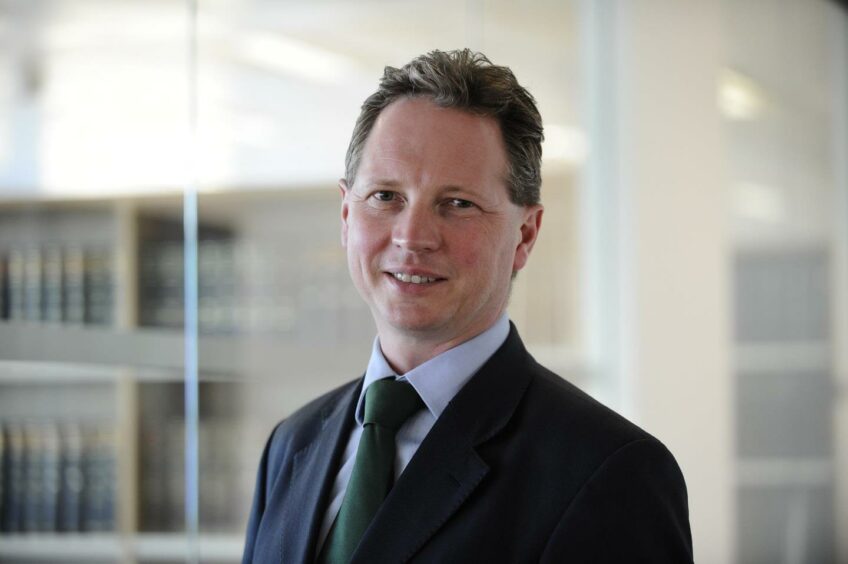
Businesses are watching closely the outcomes of COP26 because decisions made in Glasgow will have a profound impact on their future, affecting what kind of activity will be possible, what kind of finance (if any), will be available and changing the value of assets currently held.
Following Wednesday’s announcements at COP26, the scale of finance available to support transition and net zero is clear, as is the fact that we will all be held to account to meet the targets we set on a regular basis.
The climate emergency represents the greatest risk to society and to business and is the defining characteristic of our generation. This particular decade is truly the most critical, as making accelerated progress by 2030 will determine whether there is a way out or not.
But something has happened in the past 18 months – companies talked before about sustainability, green credentials and climate crisis mitigation – but for most, action was muted. No longer.
The climate crisis is now the lens through which many consumers and stakeholders see an organisation, and it is certainly at the forefront of the minds of investors, fund managers and financial institutions. Major banks and investors are under pressure to demonstrate that they are funding solutions to the crisis, not adding to the problem.
Governments are under pressure to set and reset increasingly challenging targets and then implement law and regulation to deliver them. And new rules on reporting and transparency such as the rules of international body, the Task Force On Climate Related Financial Disclosures, mean that organisations are more accountable than ever.
The impact is already being felt as projects (not just oil and gas related) seeking funding come under pressure to demonstrate green credentials. Former UK minister and COP negotiator in Copenhagen in 2009, Douglas Alexander, told Pinsent Masons’ Brain Food podcast that the financial sector’s conversion has been as swift and decisive as it has been surprising.
He said: “In the financial sector the momentum has continued to build and that is because finance comes down to a calibration of risk as well as a calibration of opportunity. If you misread the climatic risks, then you are not going to get access to capital in the future, you are not going to get insurance, and you are going to have to undertake stress tests on your business to establish that you are a resilient business.
“Those conversations are being led by the insurance industry, by central banks, by the capital markets. The understanding of risks that is fundamental to the capital markets is a very powerful instrument of change in the corporate sector, because your access to capital in the future is going to be based not only on whether your business is resilient, but whether your business is transitioning effectively to that net zero future.”
On Tuesday, in a comprehensive address at the 43rd TB Macaulay Lecture, which we were proud to support, Christiana Figueres, the UN executive secretary and public face of the Paris Agreement, highlighted the role that we all have to play and the pace at which climate and sustainability responses have moved to centre stage. She told the University of Strathclyde audience: “It will take all of us working together, pushing and pulling each other, with honesty and respect to accelerate the urgent solutions.”
The role of a lawyer as adviser, particularly in this environment, is to assist the board or executive team of an organisation to fully assesses and understand the risks and opportunities that their organisation is facing.
Climate change risks are going to emerge more quickly than one could have anticipated, and lawyers are good at identifying and analysing risks. They are not always glass full people, and in this scenario they may be right, but they can put themselves in the shoes of the corporate and say: “If I were you, I would do the following”.
We all need to be inspired and motivated by the opportunities this creates, whilst having one eye on the risks. I think it is a great responsibility and a great opportunity for general counsel and lawyers generally to have that level of influence and to help their own businesses, and clients’ businesses, transition to net zero.
Recommended for you
